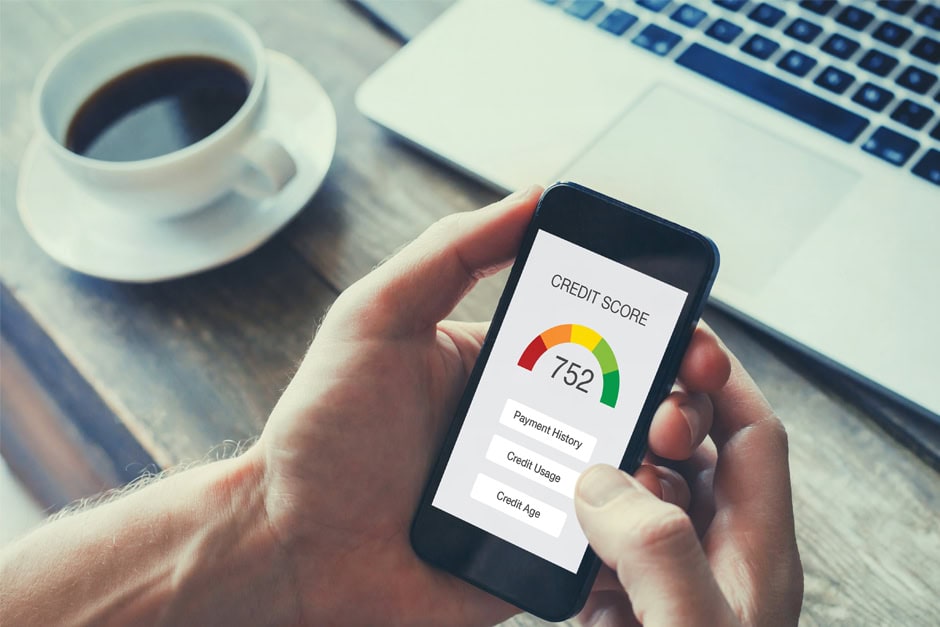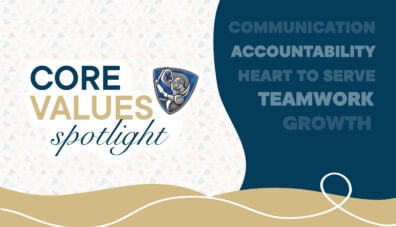What Is a Credit Freeze and Why Should You Do It?

Identity theft and scams continue to plague us, with American adults losing over $43 billion to them in 2023. The interconnected nature of the modern era means that we’re sharing our information in more and more places, and each time we do we increase our risk a teeny bit. Over a billion records were stolen in data breaches in 2024 alone, resulting in unknown numbers of people having private information released in the wild.
That sounds awful. It’s certainly worrisome. But did you know that there’s a free, simple step you can take that can prevent identity thieves from taking out loans in your name and affecting your credit? According to the U.S. Public Interest Research Group, fewer than 20% of Americans take advantage of credit freezes, but doing so could slash your risk of being the victim of identity theft.
What Is a Credit Freeze?
A credit freeze is a type of security setting, sometimes called a security freeze, that places restrictions on your credit information. If a creditor attempts to do a pull of your credit report, the credit reporting agency (the three major bureaus are Equifax, Experian, and Transunion) will reject their request. This means that if a fraudster has your personal information, they won’t be able to take out a new line of credit in your name.
How Do You Freeze Your Credit?
Thankfully, placing (or later lifting) a credit freeze is simple and requires just a few steps. In 2018, federal law made placing credit freezes free, and requires that the credit reporting agencies take action on your request within one business day of receipt. Requests and can be made online, by phone, or by mail, and just require a few pieces of your information. These are typically proof of identity (driver’s license, W2 form, birth certificate, etc.) and proof of address (driver’s license, utility bill, pay stub, mortgage statement, etc.).
Here are the direct links to the credit freeze pages of each of the main three credit reporting bureaus:
- Equifax https://www.equifax.com/personal/credit-report-services/credit-freeze/
- Experian https://www.experian.com/freeze/center.html
- TransUnion https://www.transunion.com/credit-freeze
Never Too Early
You can, and should, also place credit freezes on your minor children’s credit. Not only is their personal information used frequently in the first few years of life, their credit report is typically not checked until they reach adulthood. A lot of damage can be done in the intervening years. Freezing their credit early will prevent someone from racking up credit card debt on your child’s clean sheet.
What About When I Need My Credit?
When you eventually need to use your credit, unfreezing, or thawing, your credit is just as simple and quick as freezing it is. You can unfreeze your credit by contacting each of the credit bureaus using the same links above, by phone, or by mail. You can choose to either permanently thaw your credit or schedule a temporary thaw long enough for your legitimate credit applications to process.
A credit freeze is excellent, but it only protects one aspect of your identity and your finances. For more information on what Jeanne D’Arc does to protect you and ways you can defend yourself from identity thieves, visit our Fraud & Theft Protection page here.



